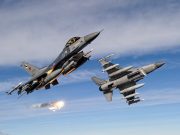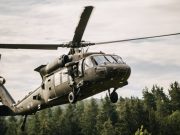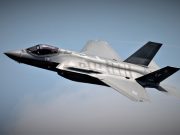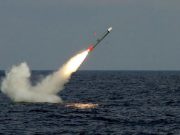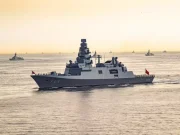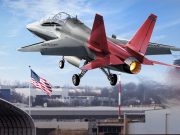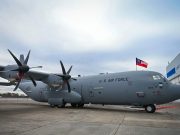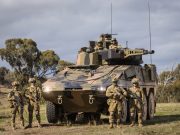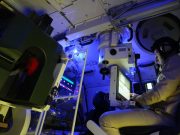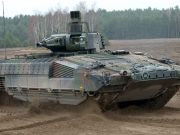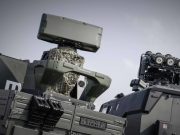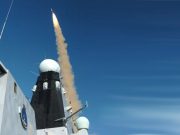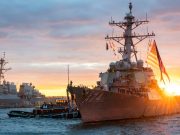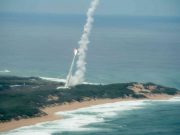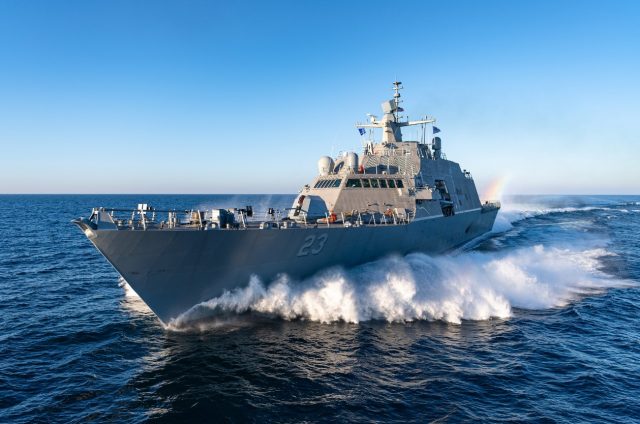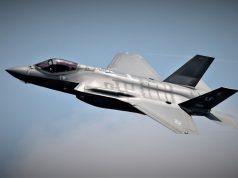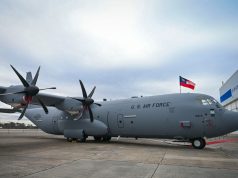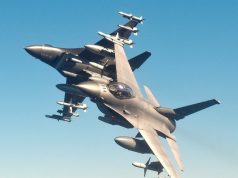The US Navy’s 23rd littoral combat ship, future USS Cooperstown (LCS 23), has completed acceptance trials in Lake Michigan, Lockheed Martin – the prime contractor for delivering the Freedom-variant ships – announced.
Trials included a full-power run, maneuverability testing, and surface and air detect-to-engage demonstrations of the ship’s combat system. Major systems and features were demonstrated, including aviation support, small boat launch handling and recovery and machinery control and automation.
Now that trials are complete, the ship will undergo final outfitting and fine-tuning before delivery to the US Navy next year. LCS 23 is the 12th Freedom-variant LCS designed and built at the Fincantieri Marinette Marine shipyard in Wisconsin.
“LCS 23, like other Freedom-variant littoral combat ships, delivers unique flexibility and capability to the US Navy,” said Joe DePietro, Lockheed Martin vice president and general manager, Small Combatants and Ship Systems. “Freedom-variant LCS are inherently capable, and they offer 40% reconfigurable hull space to evolve to future US Navy missions. During acceptance trials, LCS 23 proved its maneuverability, automation and core combat capability.”
The LCS program is split into two classes, the monohull Freedom variant and the aluminium trimaran Independence variant. The program envisions the ships as being capable of conducting mine countermeasures, anti-submarine and surface warfare missions by embarking different mission modules.
The Freedom-class is 115 meters long and has a core crew of 50 sailors. Lockheed is also offering an export variant of the ship, known as the multi-mission combat ship, and has already secured a four-ship order from Saudi Arabia.
It is worth noting that the LCS program has been plagued with maintenance issues and questions about their survivability. The mission modules that turn each ship into a mine sweeper, submarine hunter or an anti-surface combatant all suffered years of delays. The navy also announced earlier this year that it plans to decommission the first four ships in the class early next year.


